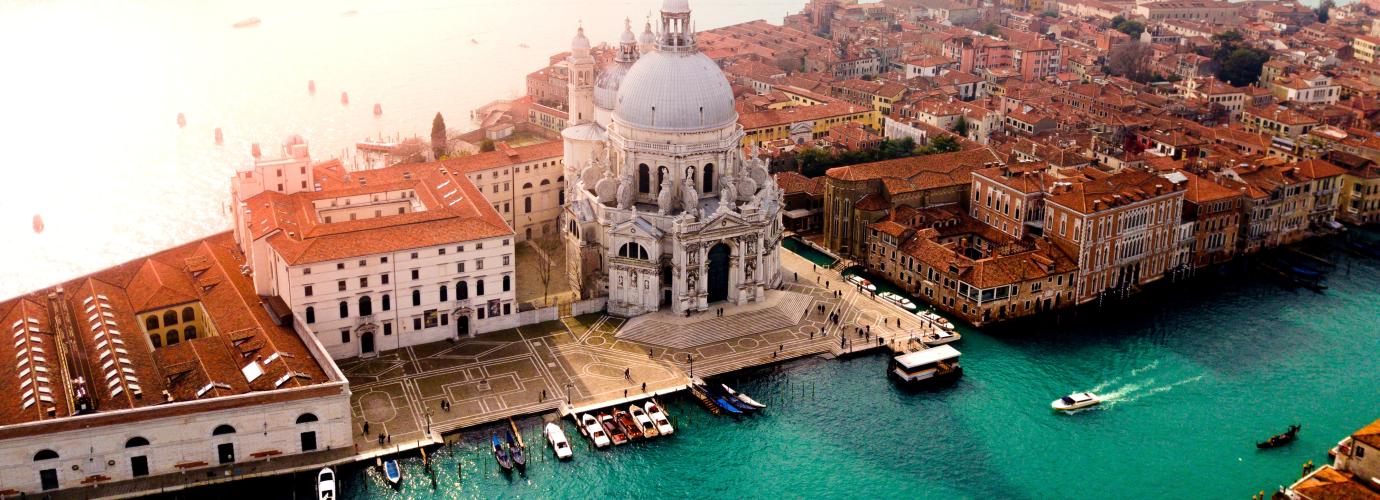Global and intercultural dimension in curriculum development
Curricula of the pre-primary, primary and lower secondary levels include the European and international dimension.
The new national guidelines on the curriculum for the pre-primary and the first cycle of education take as a reference the framework of key competences for lifelong learning defined by the European Parliament and the Council of the Union (Recommendation of 18 December 2006).
The recent reform of the second cycle of education has also put the European framework before the relevant school curricula reorganisation. In particular, the 2006 Recommendation on key competencies and the Recommendation of the Parliament and the Council of 2008 on the European Qualification Framework for lifelong learning (EQF).
More specifically, the European Union framework is included in the introduction of the guidelines for the reorganisation of technical and vocational institutes. Therefore, the renewal of such pathways should take into account the European co-operation for the establishment of a shared technical-vocational education and training system (VET).
On the other hand, the Educational, cultural and professional profile (Licei, annexed to the national guidelines for the curriculum, indicates the following learning outcomes for the historical-humanistic area of all Licei, with particular reference to the intercultural dimension:
- Knowledge of the cultural background and the nature of the political, legal, social and economic institutions in Italy and Europe, and to understand the citizens’ rights and duties;
- Knowledge of the Italian history within the wider framework of European and international history, in particular concerning events, geographic contexts and the most important personalities.
- Knowledge of the key elements of the Italian and European culture, as well as of the literary, artistic, philosophical and religious traditions, through the study of the most relevant works, authors and thought tendencies, and acquisition of the necessary tools to compare them with other cultures and traditions.
- Knowledge of the typical aspects of cultures and civilizations of the countries corresponding to the studied foreign languages.
Partnership and networks
In the framework of the National initiative ‘Europe of Education’, some schools with a relevant experience in the foreign language sector have been identified in collaboration with the Regional school offices and the territorial intervention nuclei. These schools, in accordance with the 2004-2006 Action Plan for foreign languages and the European Commission working document “Report on the implementation of the action plan: Promoting languages learning and linguistic diversity”, gave rise to the thematic network called ”More languages - More Europe” aimed at joining all synergies throughout Italy to promote multilingualism.

